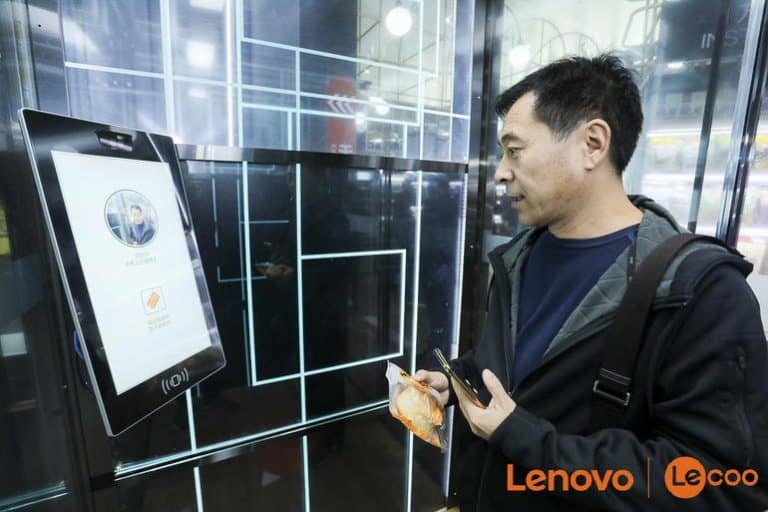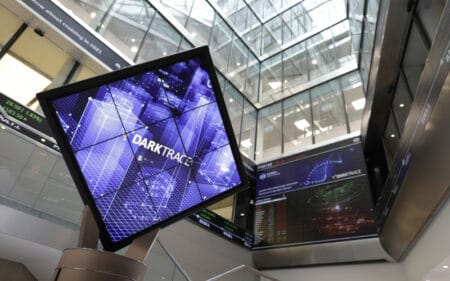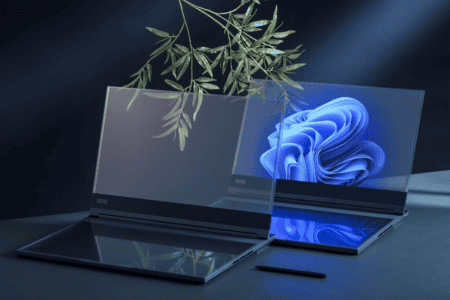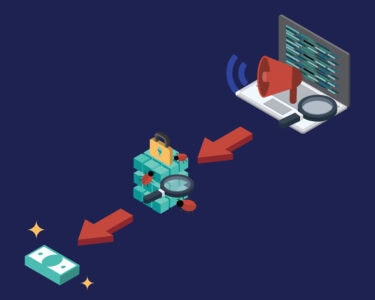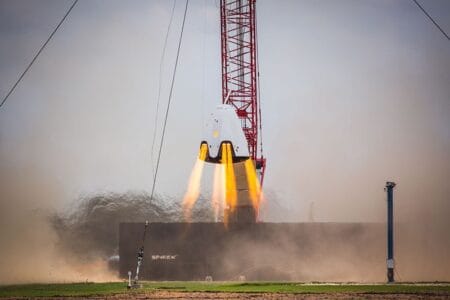Lenovo has opened an unmanned convenience store in China. There it wants to test various techniques, including facial recognition, e-payments, Internet-of-Things, artificial intelligence and augmented reality techniques. Tablets serve as employees in the shop.
The Lenovo Lecoo Unmanned Store is located in the tech company’s campus in Beijing. VP of Research & Technology Daryl Cromer states that Lenovo can learn everything from the trial. In any case, it is a new way for the company to establish itself in the highly competitive AI sector.
Easy shopping
Shopping in the convenience store is very simple. A customer walks to the door, where the cameras recognize his face. Then people can grab what they want to buy and simply put it in their bag. Then you just walk away and we’ll pay via your mobile payment, says Lenovo.
We can now understand some of the techniques and challenges our customers are facing, enabling us to create better devices and customized solutions, the company continues to write. The store is therefore a pilot for techniques that Lenovo ultimately wants to apply to the wider world.
Shop of the future
For example, by using tablets at the entrance to the store and linking customers to their profiles, Lenovo can learn how best to implement this type of technology in all its devices. For example, we can look at specialised tablets with a camera that is more suitable for facial recognition.
According to Lenovo, the store of the future is characterised by a customer who pays with his mobile, selects himself and can leave quickly. Long queues at the cash register will not be part of this in the future. The company also wants to look at a coffee machine that works with artificial intelligence and remembers every order made by a customer.
This makes the store similar to the Amazon Go concepts, where customers can simply put their groceries in their bags and then walk out of the store. These shops also work with artificial intelligence and will soon come to other countries.
This news article was automatically translated from Dutch to give Techzine.eu a head start. All news articles after September 1, 2019 are written in native English and NOT translated. All our background stories are written in native English as well. For more information read our launch article.